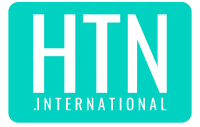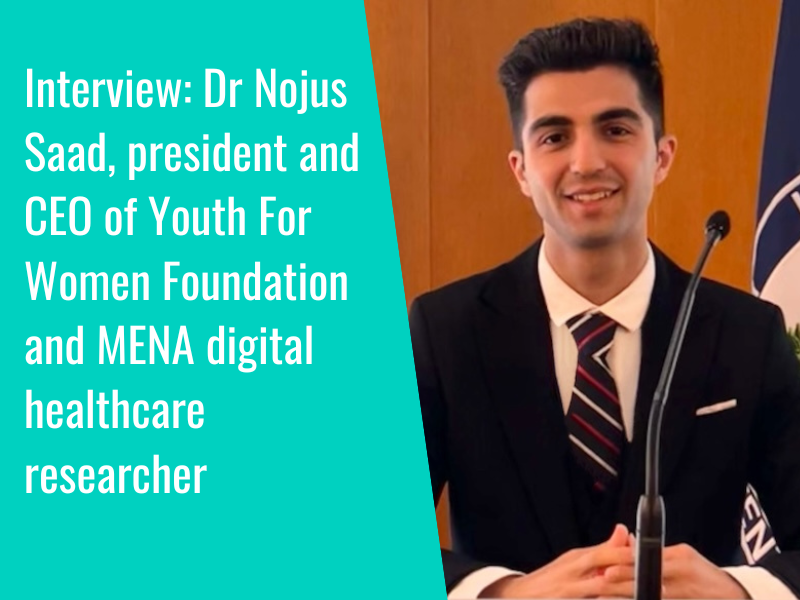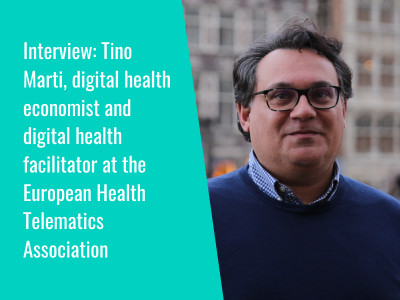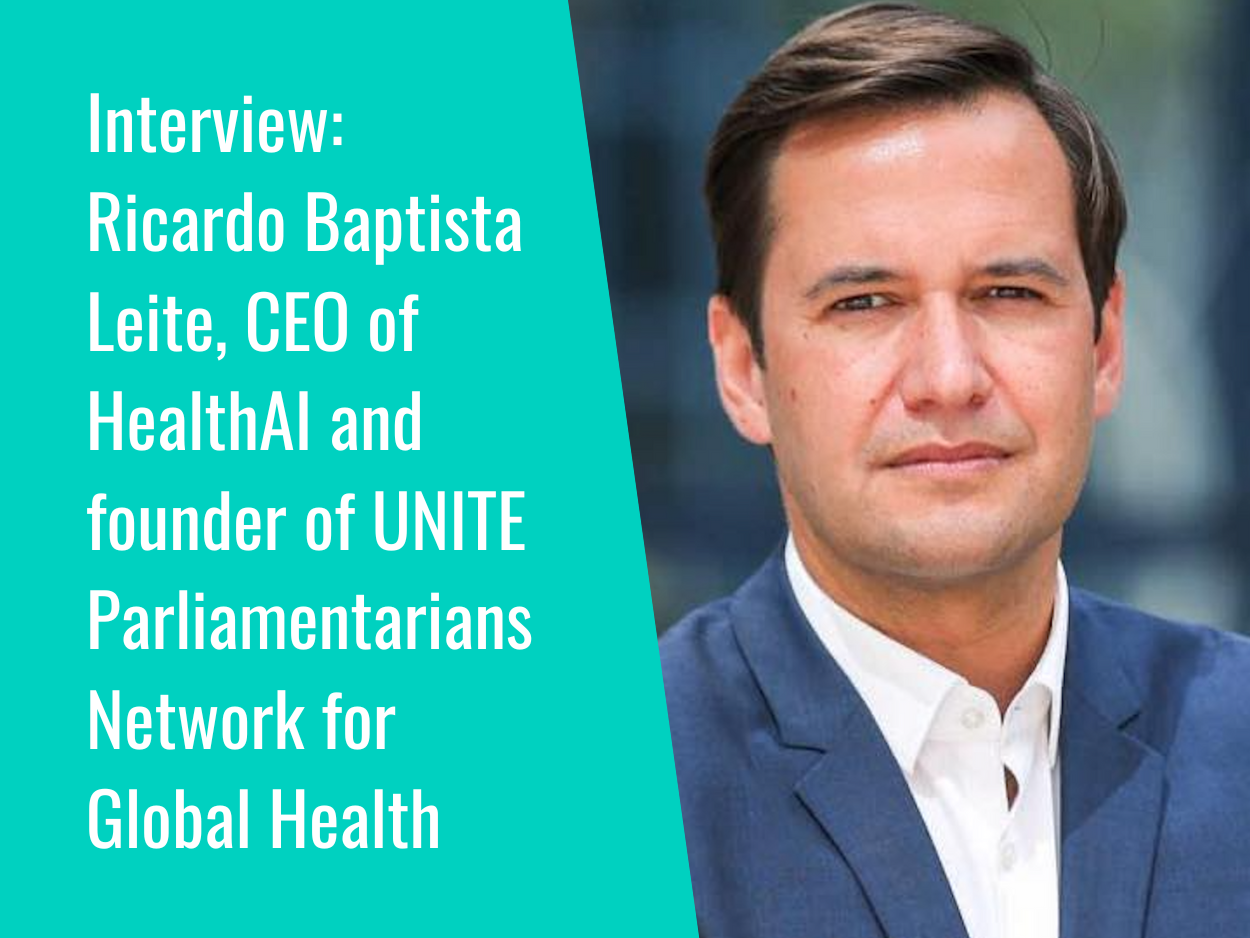Here, we take a look at the Austrian Federal Government’s AI strategy, Artificial Intelligence Mission Austria 2030 (AIM AT 2030), which is “the result of an extensive stakeholder process in which more than 160 experts from different disciplines were involved”, to consider its provisions for the use of AI in the health sector.
The strategy explores AI in the healthcare system, looking at “potential fields of application” including health promotion, prevention, prognosis, diagnosis, treatment and aftercare, as well as “systematic tasks such as public health and pandemic management”.
Some of the key plans for AI in health highlighted by the strategy include the creation of risk profiles, such as in modelling for COVID-19 diagnosis and disease progression; AI based data aggregation, such as for epidemiological monitoring; the use of artificial neural networks in “the diagnostic evaluation of medical image and audio data”; AI-assisted drug development and personalised medicine; therapeutic interventions “using data supplied by novel sensors”; and the use of AI algorithms for patient interaction, such as chatbots, decision support systems, study recruitment.
On machine learning, the strategy notes benefits including increased personalisation of care processes, the informed development of treatments, and improved planning and resource usage.
On the current AI in health landscape in Austria, the strategy notes that “the Austrian AI community in the healthcare sector is characterised by research at universities and individual non-university institutions, by start-ups in the healthcare sector and by the activities of the pharmaceutical industry”. It predicts that decision support systems “will play a stronger role in diagnosis and treatment”, but states that health professionals must be involved with shaping those systems, to “evaluate the quality of applied algorithms and the resulting recommended actions”, and that the kind of knowledge of statistics and data sciences required to do this is “currently underrepresented in the training of healthcare professionals”.
The strategy outlines actions to be taken on AI in healthcare, committing to taking stock of AI algorithms currently used in the field, initiating an “exchange of experience”, and identifying “possible synergies”. According to the strategy, the Federal Government also intends to “promote the identification and critical discussion of relevant approaches to AI in the healthcare system in an international environment, an exchange of experience and networking, and the piloting of selected AI algorithms”. Recognising that databases will need to be built as a basis for these areas of application, the strategy highlights that work will be done to “identify the type and scope of application-related source data and implement their combination for statistical and research purposes, taking into account data protection and data security requirements”.
To read the strategy in full, please click here.
In related news, the European Council has announced that an agreement had been reached between the Council’s presidency and the European Parliament’s negotiators on the EU Artificial Intelligence Act, with the draft regulation aiming to ensure the safety of AI systems brought to the European market, as well as to “stimulate investment and innovation on AI in Europe”.
- 1
- 2














